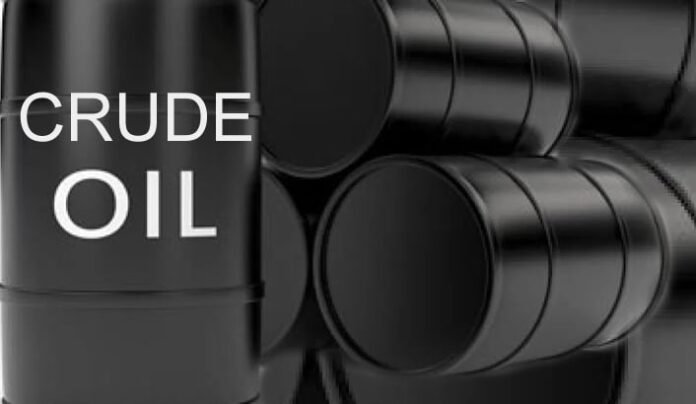Nigeria has emerged as a key crude supplier to the 30,000-barrels-per-day Dakar Refinery in Senegal, even as the country celebrated its entry into the league of oil-producing nations last year.
Senegal began pumping oil in mid-2024 from the Sangomar field, which produces around 100,000 barrels per day of medium sour crude (31° API, 1.0 per cent sulphur), according to a report by industry analyst Kpler.
The report stated that virtually all of this production is exported to Europe, with Spain, Italy, and the Netherlands taking the bulk of cargoes.
However, despite being an oil producer, Senegal cannot feed its lone refinery with its own crude. Industry data shows that the 30 kbd Dakar Refinery is configured to run on lighter, sweeter grades, making Sangomar’s heavier, more sulphurous crude unsuitable.
Instead, the refinery has turned to Nigeria’s Erha crude (36° API, 0.2 per cent sulphur), which fits its processing capacity.
Kpler reports that in recent months, Nigeria has imported about 30 kbd of Erha into Dakar, underlining Nigeria’s role as a lifeline for Senegal’s refining system.
“Senegal’s 30 kbd Dakar refinery, configured to process lighter, sweeter crudes, is currently running on Nigeria’s Erha crude (36° API, 0.2 per cent sulphur), with imports into Dakar averaging 30 kbd in recent months,” Kpler stated.
Refineries are built to handle certain specifications of crude. The Dakar plant was designed for light, low-sulphur oil, which makes Nigerian grades like Erha an excellent match.
It was learnt that Sangomar crude would require blending before it could be processed locally.
Still, Nigeria’s crude exports only meet part of Senegal’s fuel demand. The country remains heavily reliant on refined product imports.
![]()










